French science leads the international efforts against the coronavirus pandemic, again. Again it follows the French tradition of personality cults for narcissistic male academics, of laissez-faire attitude towards bad science and of paranoid aggression towards critics. The media enjoys the clickbait controversy of outlandish COVID-19 cures and theories, while French politicians desperately try to grasp for every fake straw.
The HIV discoverer and Nobel Prize winner Luc Montagnier educated the world that the coronavirus is actually a mis-designed HIV vaccine made in a Chinese lab. Even if Montagnier believes many things which make little sense, including homeopathy, he was taken seriously. The microbiologist Didier Raoult in Marseille succeeded in convincing the US president Donald Trump and the entire world that the malaria drug chloroquine cures and even prevents COVID-19, to prove which Raoult decided to keep breaking every rule and law in his way, while threatening his critics.
The following article is not about Raoult though, but about another French chloroquine researcher: Zahir Amoura, professor of internal medicine and department head at Pitie-Salpetriére Hospital in Paris. As France’s top specialist for the autoimmune disease Lupus, Amoura published much about chloroquine, in fact he even warned against placing too much hope on this drug against COVID-19. And anyway, jumping on Raoult’s bandwagon will leave you in the shadows, given the size of Raoult’s ego. Maybe this is why Amoura designed a cure of his own against the deadly COVID-19 pneumonia.
It’s cigarettes.
Together with his colleague Makoto Miyara from the Assistance Publique – Hôpitaux de Paris (APHP), Amoura did a quick analysis to prove his educated guess that smoking must protect from the coronavirus. The nicotine enthusiast was then quickly brought in touch with Jean-Pierre Changeux, member of French Academie des Sciences, world famous neuroscientist from the venerated infectious disease authority Institut Pasteur, and expert for nicotine receptor research. With such heavyweight on board and a savvy media campaign, the two slightly disturbing preprints promoting tobacco consume as coronavirus prophylactic became undeniable science. Nicotine prevents and cures COVID-19, you can’t argue with authority. Smoked, sniffed, chewed or applied to skin, which led to a run on nicotine patches and a limit on their sale by the French government.

Even French Minister of Health Olivier Veran discussed the possibility of treating COVID-19 patients with nicotine. Clinical trials are now being prepared, after all the French media (and many international ones) excitedly reported. .
If only they would be promoting drinking coffee or eating chocolate as COVID-19 therapy. If only. But these French scientists really openly invite you, of all things, to smoke cigarettes in order to protect yourself against COVID-19 pneumonia. This is the French version of Trump talking about injecting bleach or shining UV light inside you.
It is not even a proper research paper. Amoura chose a rather unconventional platform to publish his nicotine breakthrough. Not a peer-reviewed journal, not the preprint server MedRxiv (where unethical, potentially dangerous and misleading COVID-19 research gets rejected by the peer community experts before publication), but the rather obscure preprint website Qeios, where you can “publish without delay” your “amazing publications”.
Smokers don’t get COVID19!
Noteworthy, Amoura never published with Qeios before. He seems to have especially joined the platform to share his discoveries of the benefits of nicotine and tobacco. This was the first paper, version 1 published on 19 April 2020:
Makoto Miyara, Florence Tubach, Zahir Amoura Low incidence of daily active tobacco smoking in patients with symptomatic COVID-19 Qeios 2020 doi: 10.32388/WPP19W.3
The study started with the assumption that smoking as epidemiological risk factor in airway diseases is “highly controversial“. Because what if, instead of destroying your lungs and making infections and irritants even more dangerous, what if smoking actually hardens you? Makes you kind of resistant, or even better, immune to airway infections? Amoura et al therefore assumed a “hypothetic «protective» effect of current smoking on the risk of SARS-CoV-2 infection” because it just stands to reason.
With this hypothesis in mind, the authors then counted the number of elderly (median age 65) self-declared smokers among among the 343 COVID-19 patients (mostly “healthcare workers”, as authors admit in small print) in Amoura’s hospital in Paris and compared it to the general percentage of smokers in France. The conclusion was:
“Our cross sectional study in both COVID-19 out- and inpatients strongly suggests that daily smokers have a very much lower probability of developing symptomatic or severe SARS-CoV-2 infection as compared to the general population.”
The method and its interpretation of this and some related studies have been criticised by the science journalist Florian Gouthière in Liberation. It was apparently the only really critical newspaper article in this regard in France, or maybe even worldwide. Another thing a Twitter user suggested: what if COVID-19 patients lied about their smoking, afraid to be denied access to ICU and ventilator otherwise? All that of course, provided the preprinted data by Amoura et al is reliable in the first place, and not fit to match their hypothesis.
Tobacco control researcher Anna Gilmore of University of Bath in UK went to trouble to review and debunk this study, right on Qeios:
“The study’s estimates of current smoking among patients with COVID are likely to be an artefact of the study design:
- a. a lot of the cases were in health care staff who often have lower rates of smoking;
- b. the most severe cases (those admitted to ICU) were excluded, yet there is evidence that smoking is associated with severe disease.
- c. the study was in an area with below average smoking rates for France (see http://beh.santepubliquefrance.fr/beh/2018/14-15/2018_14-15_1.html)
- d. smoking status was based on self-reported survey questions, which tend to underestimate smoking status due to social desirability bias (https://academic.oup.com/ntr/article/11/1/12/1043552). Furthermore, during a health crisis where hospital beds and access to ITU may be rationed based on potential for positive outcome there may be a particular incentive to report as an ex- rather than current-smoker.“
The findings were so exciting that the very next day, on 20 April 2020 a bunch of new author names appeared on the preprint version 2, even if the figures remained the same. The new significant contributors, squeezed before Amoura’s last authorship are: Valérie Pourcher, Capucine Morelot-Panzini, Julie Pernet, Julien Haroche, Said Lebbah, Elise Morawiec, Guy Gorochov, Eric Caumes, Pierre Hausfater, Alain Combes and Thomas Similowski (almost all are affiliated with APHP). It is like a smokers’ huddle outside a pub, where 3 people walk out for a quick puff and are then soon joined by a bunch of other nicotine enthusiasts, scrounging ciggies off each other.
As aside: one of these new authors, the APHP professor Julien Haroche, happens to the son of the Nobelist Serge Haroche, who in turn is credited with “establishing the contact between” Changeux and Amoura. An important anecdote for journalists to write about later on, when the world is safe from coronavirus, enveloped in health-giving blue tobacco smoke.
Because these are the conclusions of Amoura and his many collaborators:
“Our findings clearly support the hypothesis that current daily smoking may be a protective factor against COVID-19 SARS-CoV-2 infection, or at least symptomatic COVID-19 SARS-CoV-2 infection.“
Followed by:
“Current smoking status seems to confer a protective effect on the risk of contracting symptomatic COVID-19.”
At least the authors conclude their manuscript with this:
“The promotion of smoking to avoid COVID-19 is however not an option, this is obviously unacceptable, given the deleterious benefit/risk ratio of smoking which is responsible for a very heavy public health burden with more than 78 000 deaths per year in France.”
Oh wait! That sentence, the only one half-heartedly warning of the dangers of smoking, was removed completely in the version 2 and version 3! It must have been the significant contribution of the bunch of extra authors, who now merely suggest not to use “the smoke of cigarettes per se” as therapy. The paper’s updated version ends instead with the advice how to deal with COVID-19 pandemic:
“Nicotine administration, e.g. via a transcutaneous route may be tested as a therapy to recapitulate the protecting effect of smoking against SARS CoV2 infection.“
That being a proper scientific study, the authors take the health effects of cigarettes as proven, and provide a ready biological mechanism:
“We cannot also identify which of the many compounds of tobacco exerts the protective effect of smoking on COVID-19. There are however, sufficient scientific data to suggest that smoking protection is likely to be mediated by nicotine. The SARS-CoV2 is known to use the angiotensin converting enzyme 2 (ACE2) as a receptor for cell entry[15-17], and there is evidence that nicotine modulates ACE2 expression[18] which could in turn modulates the nicotinic acetyl choline receptor (manuscript submitted).“
Snake venom or snake oil?
The referenced submitted manuscript may be this joint paper by Amoura, Miyara and the elaborately recruited nicotine pope Changeux:
Jean-Pierre Changeux, Zahir Amoura, Felix Rey, Makoto Miyara A nicotinic hypothesis for Covid-19 with preventive and therapeutic implications Qeios 2020 doi: 10.32388/FXGQSB
This is how the paper opens, the scientifically proven and unshakably established reference [1] is the Miyara et al Qeios preprint above:
“we tentatively propose a hypothesis which hopefully might ultimately help saving lives. Based on the current scientific literature and on new epidemiological data which reveal that current smoking status appears to be a protective factor against the infection by SARS-CoV-2 [1], we hypothesize that the nicotinic acetylcholine receptor (nAChR) plays a key role in the pathophysiology of Covid-19 infection and might represent a target for the prevention and control of Covid-19 infection.”
You can see where this goes? The 84 year old Changeux sees the present free-for-all coronavirus mess as his last chance to get the Nobel Prize for his nicotine research. Amoura is sure hopeful to share the honour. So light up your cigarette, your pipe or your shisha, and be grateful to these French genius scientists that you survived COVID-19. There will be a smoking reception in Stockholm this year, pun intended.
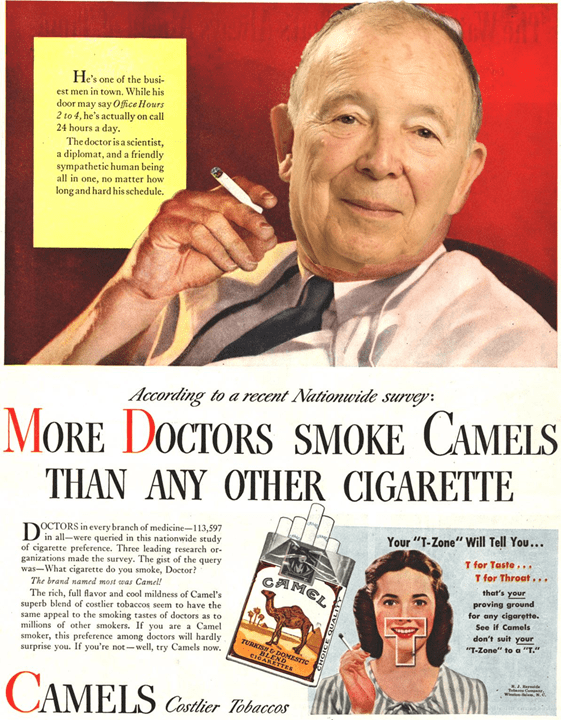
The Maestro Changeux and his co-authors then discuss at length the biochemistry of nAChR nicotine receptor and how it explains all symptoms and everything else related to COVID-19. The idea is that a coronavirus protein is acting just like a snake poison, for which nicotine is a kind of antidote:
“Thus, current smoking status appears to be a protective factor against the infection by SARS-CoV-2. Although the chemistry of tobacco smoke is complex, these data are consistent with the hypothesis that its protective role takes place through direct action on various types of nAChRs expressed in neurons, immune cells (including macrophages), cardiac tissue, lungs, and blood vessels.“
Did you know COVID-19 is actually a nicotine receptor disease? Nobel Prize awaits, folks:
“Nicotine may be suggested as a potential preventive agent against Covid-19 infection. Both the epidemiological/clinical evidence and the in silico findings may suggest that Covid-19 infection is a nAChR disease that could be prevented and may be controlled by nicotine. Nicotine would then sterically or allosterically compete with the SARS-CoV-2 binding to the nAChR. This legitimates the use of nicotine as a protective agent against SARS-CoV-2 infection and the subsequent deficits it causes in the CNS. Thus, in order to prevent the infection and the retro-propagation of the virus through the CNS, we plan a therapeutic assay against Covid-19 with nicotine (and other nicotinic agents) patches or other delivery methods (like sniffing/chewing) in hospitalized patients and in the general population.”
Not only do Amoura et al openly advocate for sniffing and chewing tobacco as a medicine from hell here, they want to use it as a prophylactic to prevent COVID-19 for non-smokers! At least they don’t openly invite people to smoke cigarettes, like the previous paper did:
“One should not forget that nicotine is a drug of abuse [55] responsible for smoking addiction. Smoking has severe pathological consequences and remains a serious danger for health. Yet under controlled settings, Nicotinic agents could provide an efficient treatment for an acute infection such as Covid-19.“
Now, before lauding Changeux for being so considerate of the dangers of smoking, allow me to remind you that his lab used to be funded by the tobacco industry in the 1990ies. These cash flows only came out after the US tobacco industry was forced to release some documents over 20 years ago, to achieve a settlement. This is how some of Changeux’s grant support by Philip Morris and other industry players became known. Does the grand nicotine expert still receive cash, for example consulting for the Big Tobacco? It is not entirely impossible.
Update 23.08.2021: in an email exchange, Changeux assured me:
“I never received money, for my laboratory and of course for me, from any tobacco industry except the grant from the Council of tobacco research I mentioned and discussed many times”
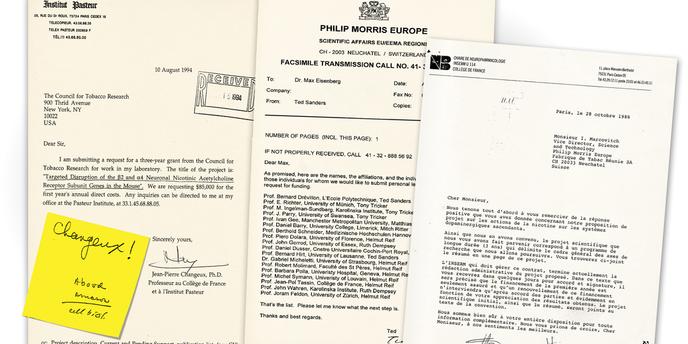
Incidentally, the nicotine receptor researcher Changeux published in 1999 a paper containing what is now proven as fabricated data. That was investigated by the Institute Pasteur in Paris and the Karolinska Institutet in Sweden (whose current rector is a key coauthor). On the right is the falsified figure with its triplicated gel lane. Changeux stayed out completely of the affair and let his Pasteur colleagues invent the unconvincing explanations which Karolinska however eagerly accepted (read my reporting here).
A fitting detail in this regard is that Changeux and his coauthors of the Qeios preprint thank Henri Korn, another neuroscience bigwig of Institut Pasteur, “for encouragement”. In 1988, Korn was accused of research misconduct and data fabrication by the neuroscientist Luca Turin and Nicole Ropert. French academic authorities reacted swiftly: Turin was sacked by the CNRS and given exactly 5 days to leave France, never to return. Korn went on to be appointed member of French Academie des Sciences and US National Academy of Sciences in 1992. In 2007, Korn’s research was exposed as indeed fraudulent, in Nature.
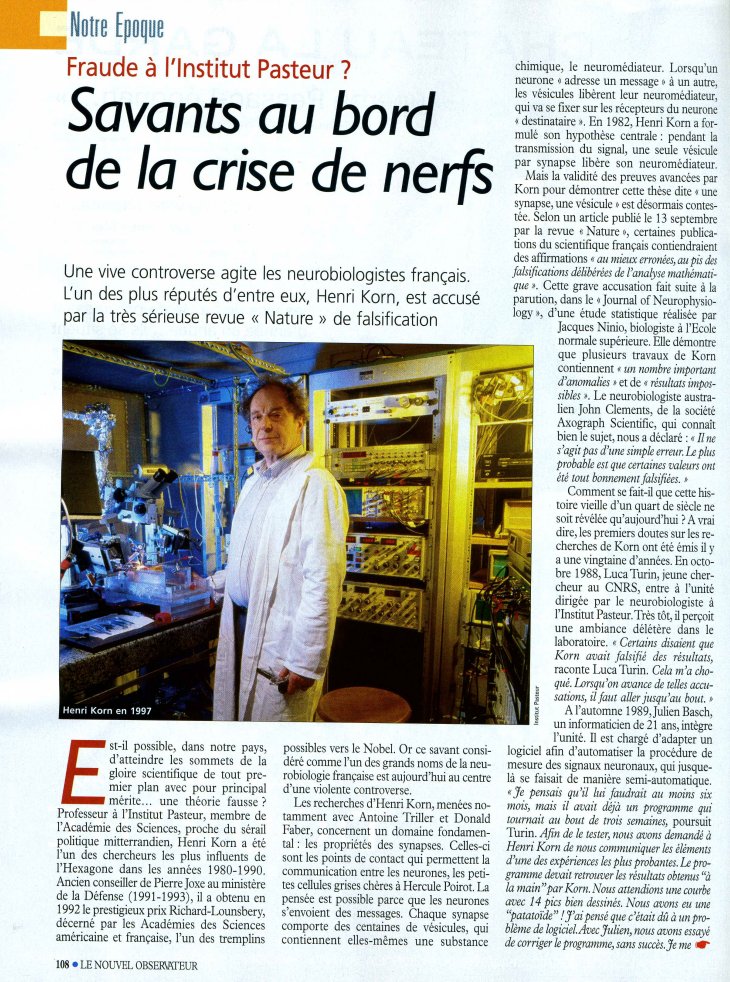
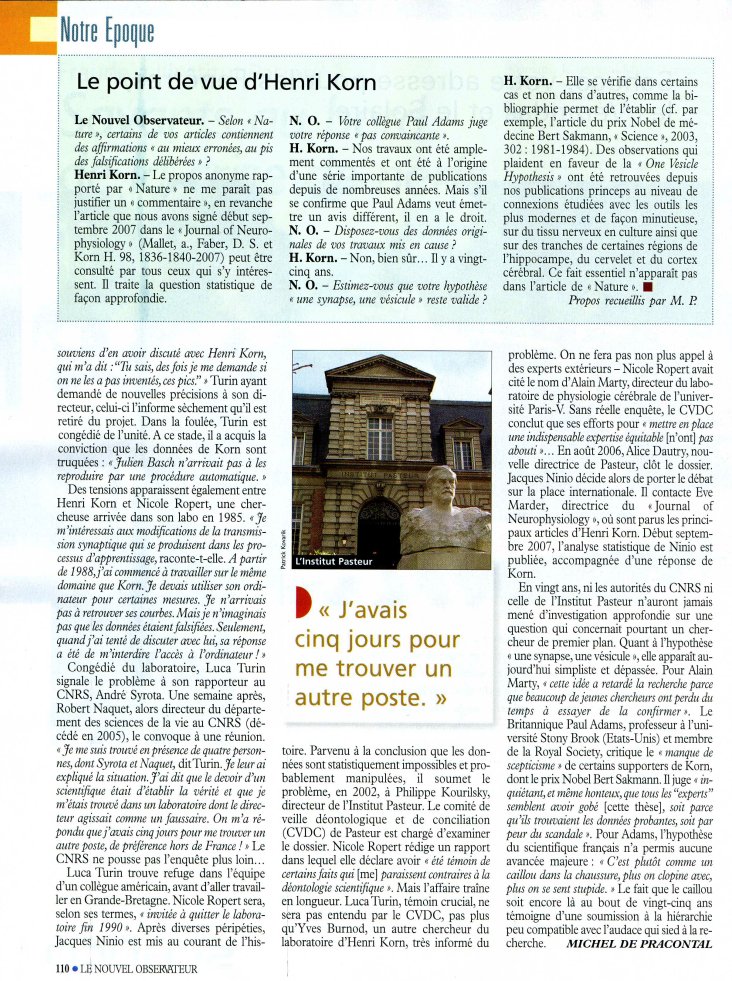
Now same Korn encouraged Changeux and Amoura to peddle tobacco as a fake cure and prophylactic against COVID-19.
France is obsessed with idolising its most toxic dishonest, fraudulent and narcissistic academic males. What with the pandemic, we all have to pay a prize for that now.
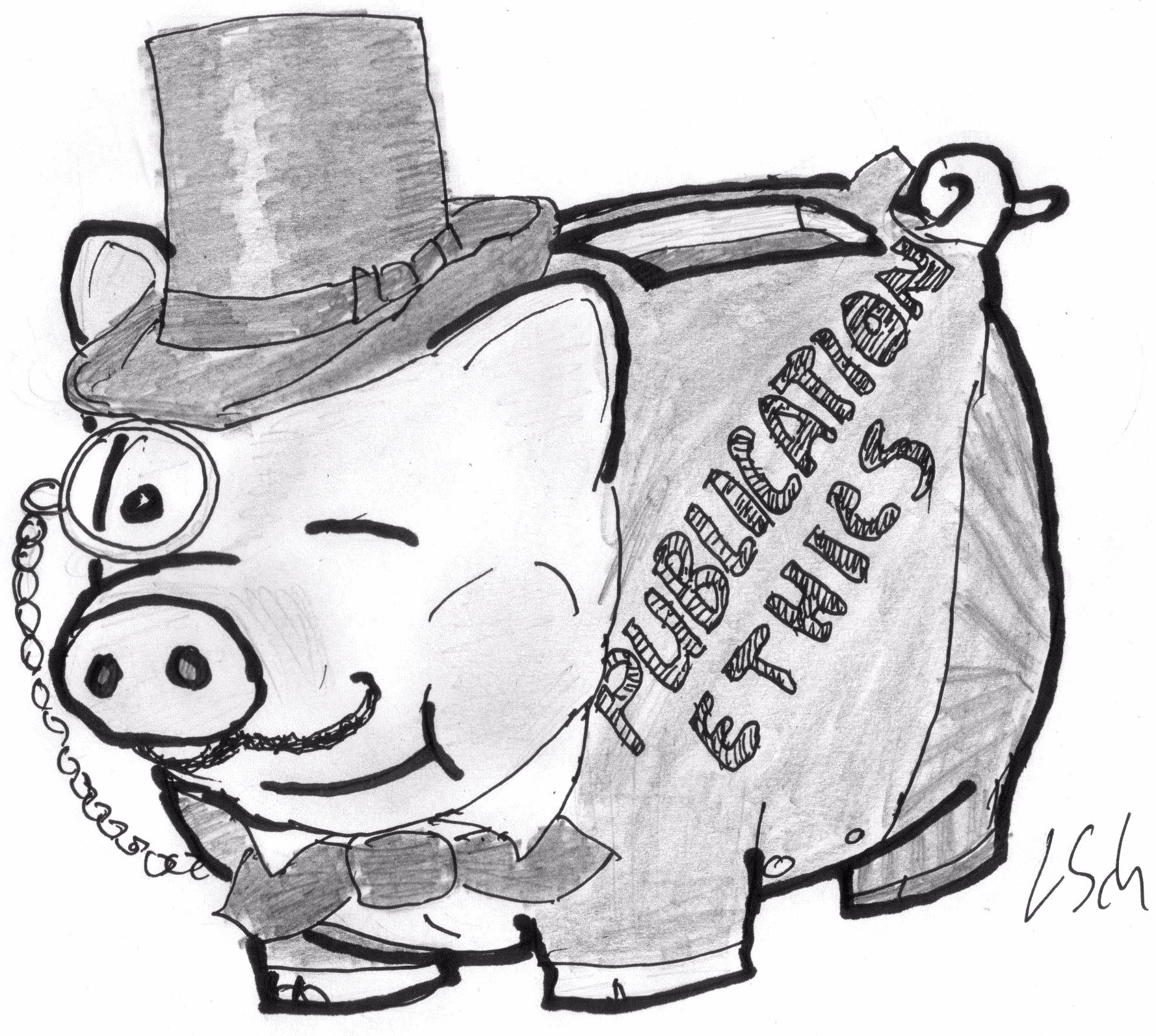
Donate!
If you are interested to support my work, you can leave here a small tip of $5. Or several of small tips, just increase the amount as you like (2x=€10; 5x=€25). Your generous patronage of my journalism will be most appreciated!
€5.00

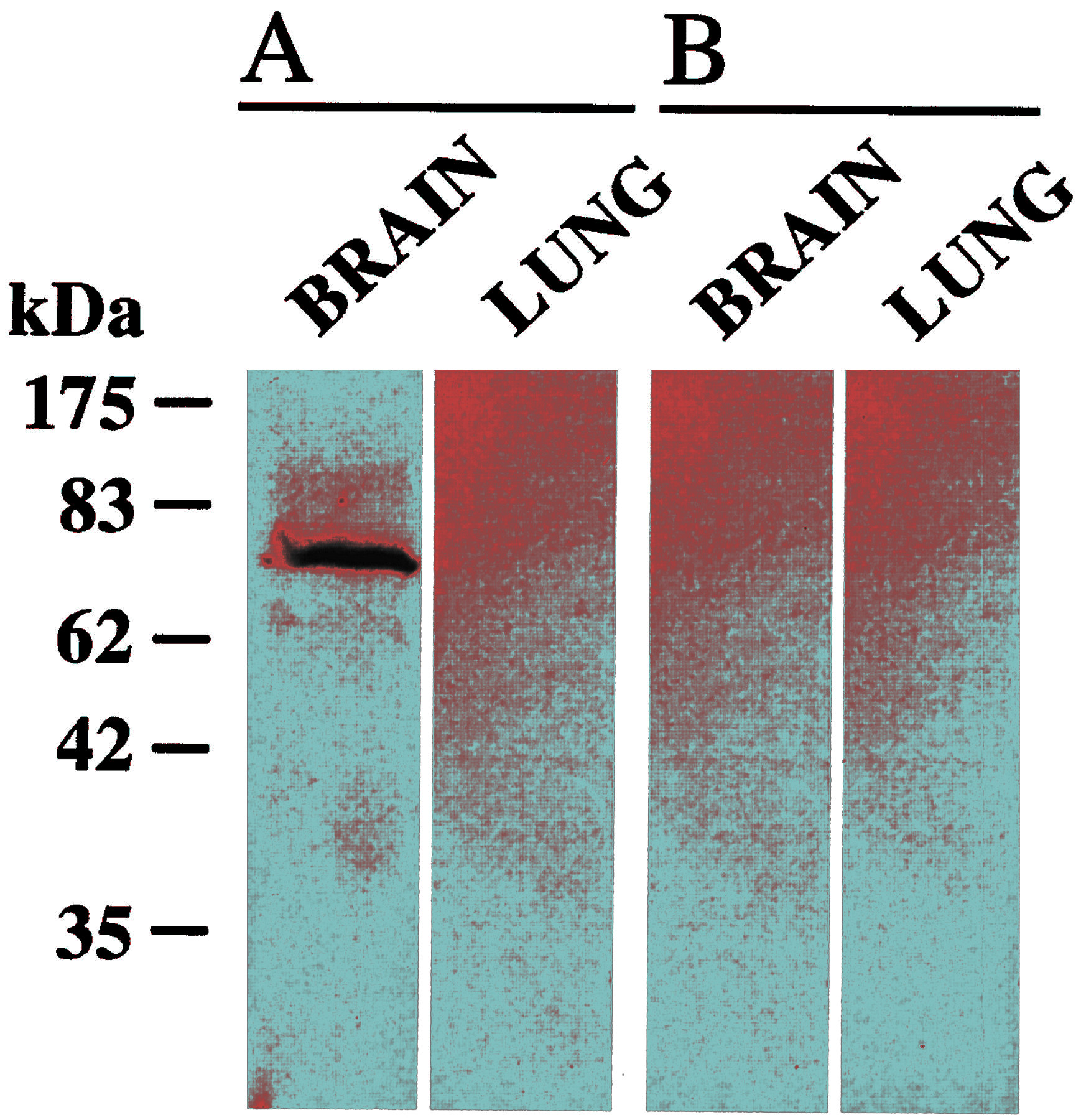

Pingback: Il lato oscuro della nicotina - Ocasapiens - Blog - Repubblica.it
You’ve Come a Long Way, Baby!
LikeLike
Pingback: Pier Paolo Pandolfi out of Harvard, spotted in Italy and Nevada – For Better Science
Your analysis is crap science. Not even one scientific argument.
e.g.: https://www.thelancet.com/journals/lancet/article/PIIS0140-6736(20)30183-5/fulltext
LikeLike
no it is the science reported that was crappy!
NB: Changeux and Korn were notoriously close friends (before and after the time of the accusation of fraud).
LikeLike
Pingback: Graphene Flagship deploys Stripy Stellacci to fight the Coronavirus – For Better Science
Pingback: O du lieber Augustine MK Choi – For Better Science
Pingback: Why not chemical castration (to escape COVID-19)? – For Better Science
Pingback: Prof Jean Busquet’s Sauerkraut Therapy – For Better Science
I received this message from Professor JP Changeux, referencing this article on my site:
https://forbetterscience.com/2021/08/06/schneider-shorts-6-08-2021-harassed-scientists/:
“Just an information to have a fait debate
the picture of Changeux with a cigarette reproduced in Shneider Shorts 6 08 2021 harassed scientists about Ivermectin- flavoured cigarette is a fake : it is a photoshop montage from a portrait taken by Pasteur photo and widely published on the webb and from the picture of an unidentified smoker. Fist changeux never smoke in his life and second the incidence of light on the face and on the hands of the montage picture are not coherent revealing the falsification.
Also, changeux never received a single dollar directly for any tobacco company in the past 50 years but only a grant from the Council of Tobacco Research in 1994 to help financing the postdoctoral stay of an american student in his laboratory. It was approved at that time by the direction of the Pasteur Institute and openly acknowledged in the thanks of the paper published as an outcome of that research in Piciotto et al 1998 Nature 391 173. The program of the research was the genetics of nicotine action and the paper demonstrate: 1. the self administration of nicotine in the mouse as a model of nicotine addiction and 2. the direct contribution of the beta2 nicotinic receptor in nicotine addiction. It has been much quoted (1500 citations) and is still a key reference in the scientific analysis of nicotine addiction. Moreover the date of its publication coincide with that of the Tobacco Master Settlement of 365 billion dollar penalty over 25 years. Did our paper contributed to the condemnation of the Tobacco companies? …possibly but still an open question…
Last a scientific point of considerable importance. Nicotine is a drug of abuse but as most other drugs of abuse shows also positive therapeutic action ie on degenerative diseases like Parkinson disease. This is known as the “dual use” of drugs. This is a considerable difficulty if one wishes to develop news therapeutics from these drugs….and I may say that it is not helpful for us to create additional difficulties in suggesting that to work on nicotine therapeutics ie on degenerative diseases is a support of the disastrous consequences of tobacco smoking on human health. Most of us are not only aware of the dramatic consequences of tobacco smoking but actively fight against it…
jean-Pierre Changeux”
LikeLike
Incidentally, the EU Commission deleted its own press release from 29 May 2020, which was posted on behalf of Human Brain Project, where Changeux is a member. Here an archived copy:
https://web.archive.org/web/20210305172322/https://ec.europa.eu/digital-single-market/en/news/human-brain-projects-research-capacity-fight-against-covid-19
LikeLike
Changeux claims he didn’t take money from Big Tobacco.
Well.
https://exposetobacco.org/news/flawed-covid19-studies/
“Between 1995 and 1998 Jean-Pierre Changeux received grants totalling 220,000 USD from the Council for Tobacco Research.[1] In the late 1990s he became a collaborator and advisor for Targacept, a pharmaceutical subsidiary of RJ Reynolds,[2] and in 2006/2007 he supervised and published studies funded by Philip Morris International.[3]
[…]
[1] The Council for Tobacco Research was formerly known as the Tobacco Industry Research Committee, which was established in 1953 by the major tobacco companies to help produce research that would help them obscure the links between smoking and serious illness. See https://www.tobaccotactics.org/index.php/Tobacco_Industry_Research_Committee
Changeux’s involvement with the Council has been amply discussed in an investigation by Le Monde, available here: https://www.lemonde.fr/sciences/article/2012/05/31/guerre-du-tabac-la-bataille-de-la-nicotine_1710837_1650684.html
Changeux’s letter in which he approaches the Council for funding is available here: https://www.industrydocuments.ucsf.edu/tobacco/docs/#id=xzkw0085
[2] For internal documents by Targacept identifying Changeux as a key advisor see https://www.industrydocuments.ucsf.edu/tobacco/docs/#id=mhkx0190 and https://www.industrydocuments.ucsf.edu/tobacco/docs/#id=jtfy0221
[3] Changeux’s ties with Philip Morris International have been discussed in Eker F, Béguinot E, Martinet Y, Ingérence de l’industrie du tabac dans les politiques de santé publiques. Comité National Contre Le Tabagisme, Paris, 2014, pp. 89, 280. Philip Morris-funded studies co-authored by Changeux include https://www.pnas.org/content/104/51/20570 and https://www.pnas.org/content/103/45/16965“
LikeLike
As well as these French pro-tobacco researchers riding the COVID-cure bandwagon, there is a Greek nexus as well… Konstantinos Poulas is funded by Philip Morris International to “[develop] new vaping products and [share] pro e-cigarette research from the tobacco industry”. His colleague Konstantinos Farsalinos is also involved. So
“Poulas and Farsalinos co-authored papers on the role of smoking and nicotine in infection during the COVID-19 pandemic.[10] Poulas declares no conflict of interest on papers that suggest the use of nicotine products for COVID-19 treatment.[11]”
[10] K. Farsalinos, R. Niaura, K. Poulas, COVID-19, a disease of the nicotinic cholinergic system? Nicotine may be protective, Qeios, 2020
[11] K. Farsalinos, R. Niaura, J. Le Houezec, A. Barbouni, A. Tsatsakis, D. Kouretas, A. Vantarakis, K. Poulas, Editorial: Nicotine and SARS-CoV-2: COVID-19 may be a disease of the nicotinic cholinergic system, Toxicology Reports, 30 April 2020, doi:10.1016/j.toxrep.2020.04.012
Note that these dudes were promoting nicotine-vaping to prevent COVID before the French late-comers. I am enjoying the irony that an Elsevier journal called “Toxicology Reports” is a vehicle for the tobacco industry.
More on Farsalinos and Poulas from BMJ: https://www.bmj.com/content/373/bmj.n1303
Tsatsakis’ name is familiar after he was last author on Kostoff’s dire antivax piece on all the imaginary people killed by COVID vaccines, again published in Toxicology Reports… originally with Tsatsakis as Handling Editor, though the journal retrospectively replaced him with Poulas in this role. Not to forget “Safety of COVID-19 vaccines administered in the EU: Should we be concerned?”, by Poulas and Tsatsakis again, in the same journal. The editorial position at Toxicology Reports is to oppose vaccines and encourage nicotine consumption.
A Retraction happened! ‘Retraction notice for: “Characteristics and risk factors for COVID-19 diagnosis and adverse outcomes in Mexico: an analysis of 89,756 laboratory-confirmed COVID-19 cases.” Theodoros V. Giannouchos, Roberto A. Sussman, José M. Mier, Konstantinos Poulas and Konstantinos Farsalinos. Eur Respir J 2020; in press.’
LikeLike
This was great tto read
LikeLike